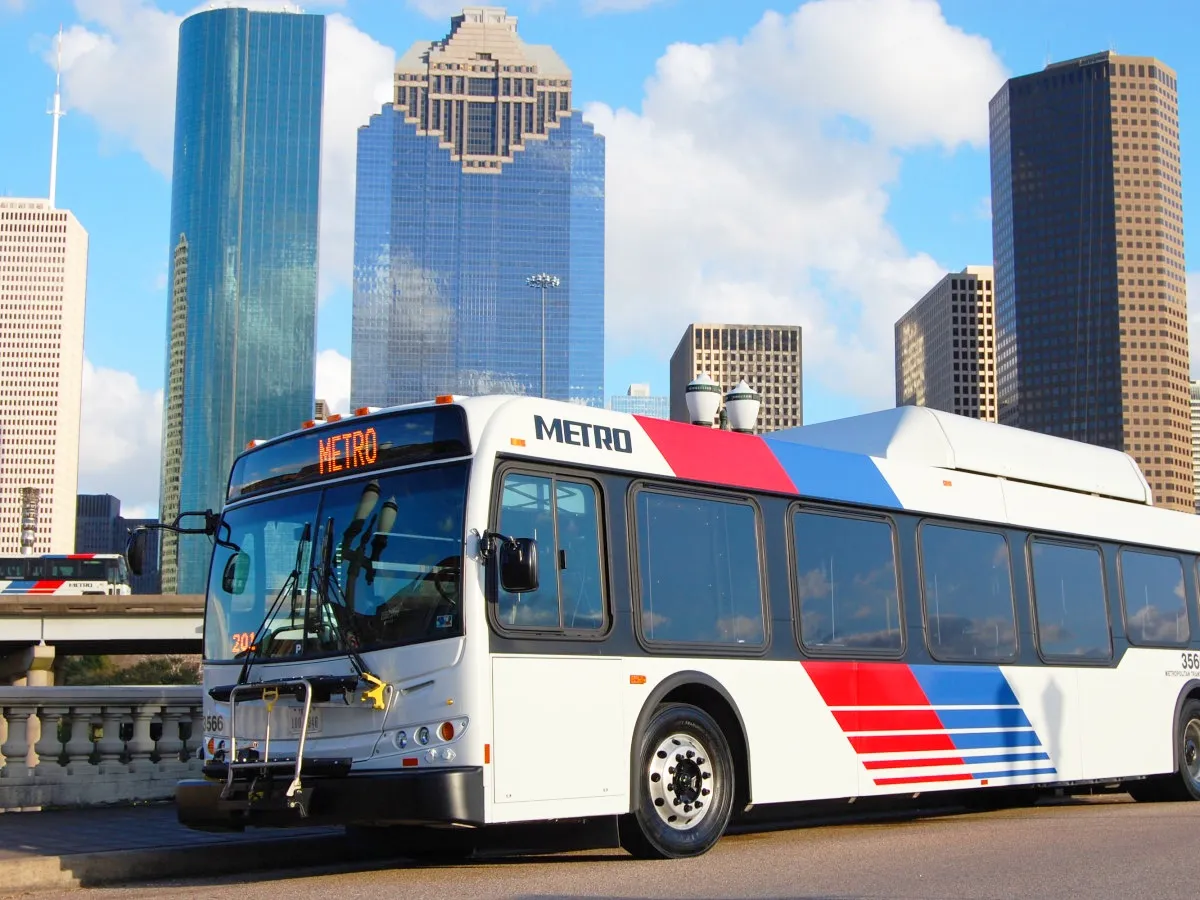Kathmandu metropolitan city is planning to operate a 24-hr metro bus system using double-decker buses that will carry more passengers and also provide night services, reports Ram Krishna Wagle from Nepal. An EOI for the operation of the metro bus has appointed a local company which plans to operate 10 buses initially. The company is funding the purchase of the metro bus from its own resources although the government has provided tax breaks for providing the service.
March 27, 2012
Read time: 1 min
Kathmandu metropolitan city is planning to operate a 24-hr metro bus system using double-decker buses that will carry more passengers and also provide night services, reports Ram Krishna Wagle from Nepal. An EOI for the operation of the metro bus has appointed a local company which plans to operate 10 buses initially. The company is funding the purchase of the metro bus from its own resources although the government has provided tax breaks for providing the service.









